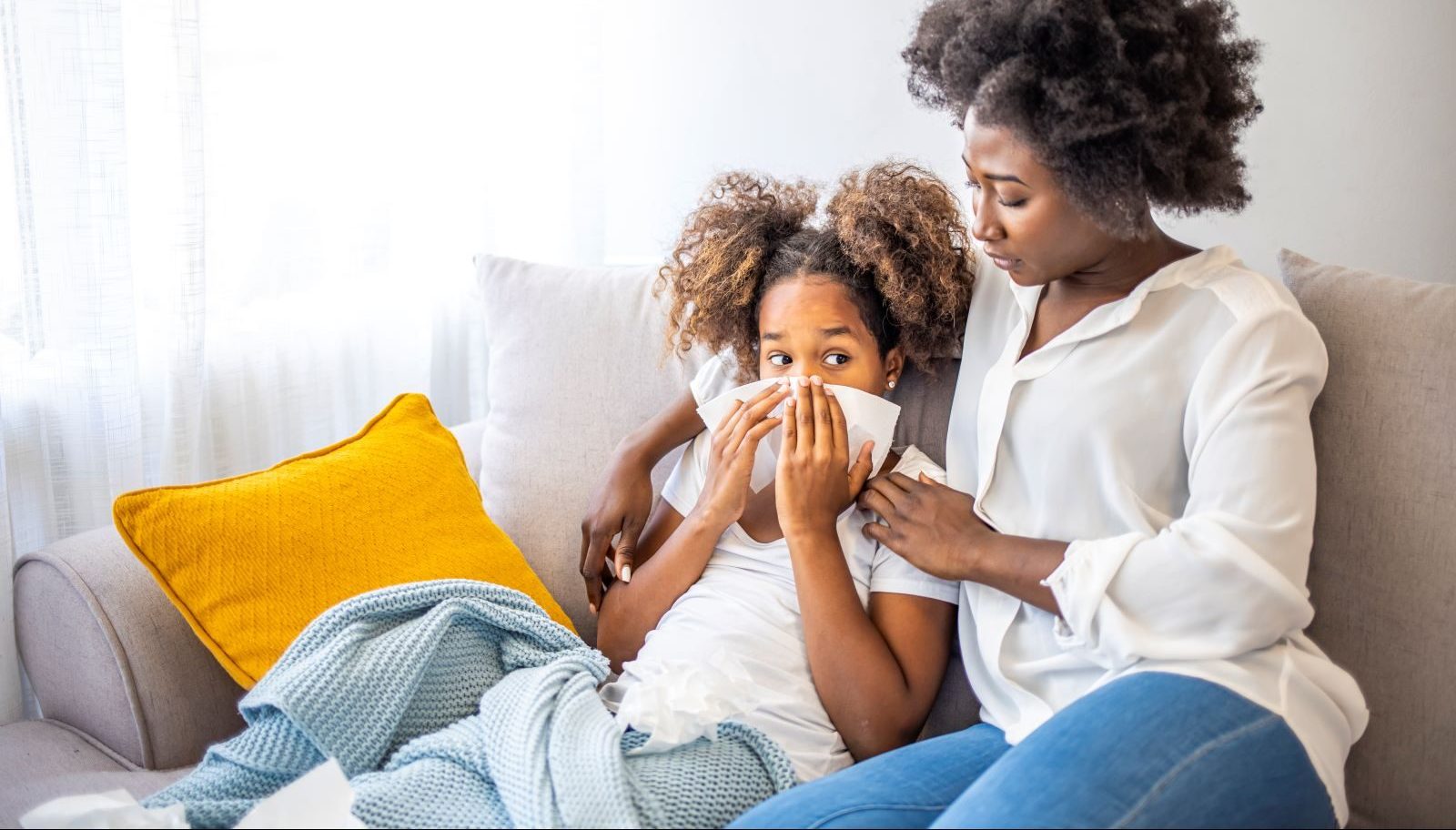As the holidays approach, COVID-19 and the flu aren’t the only viruses parents need to be on the lookout for – respiratory syncytial virus (RSV) has hit more than 30 states, including Connecticut.
“We are seeing an increase in sick children and adults with various respiratory problems coming into the ED,” said William Horgan, MD, Backus Hospital Emergency Department physician.
> Experiencing symptoms? Visit a convenient urgent care location
What is RSV?
The virus affects the upper respiratory system with a runny or stuffy nose, cough or sore throat. When it moves into the bronchi or the lungs, it can cause pneumonia or bronchitis. RSV will send 58,000 children under the age of five to the hospital every year, according to the Centers for Disease Control and Prevention.
“The virus is transmitted through the air, similar to how COVID or the flu is spread. This is why it’s not easy to know if a child has RSV, COVID or flu based on symptoms alone,” Dr. Horgan said.
Those most at risk of catching RSV are:
- Infants
- Children under 5
- Seniors
“Young children, especially infants, don’t have mature immune systems to fight it off like adults do. They also have smaller airways, which leads to trouble more easily,” Dr. Horgan said.
Parental alert
This year, Dr. Horgan said to expect an increase in cases of RSV or other winter viruses because children have largely been apart, out of school and wearing masks for two years. Parents should look for such symptoms as:
- Irritability
- Changes in how the child is feeding
- Difficulty breathing
- Gasping or wheezing
- Uncontrollable coughing
Pinpointing the problem
A physician must order the tests that will determine if a child has RSV. It is the only way to make the diagnosis, Dr. Horgan said.
“The only way to know a child has RSV is to run either a PCR or antigen tests. Unlike COVID, there are not at home tests,” he said.



